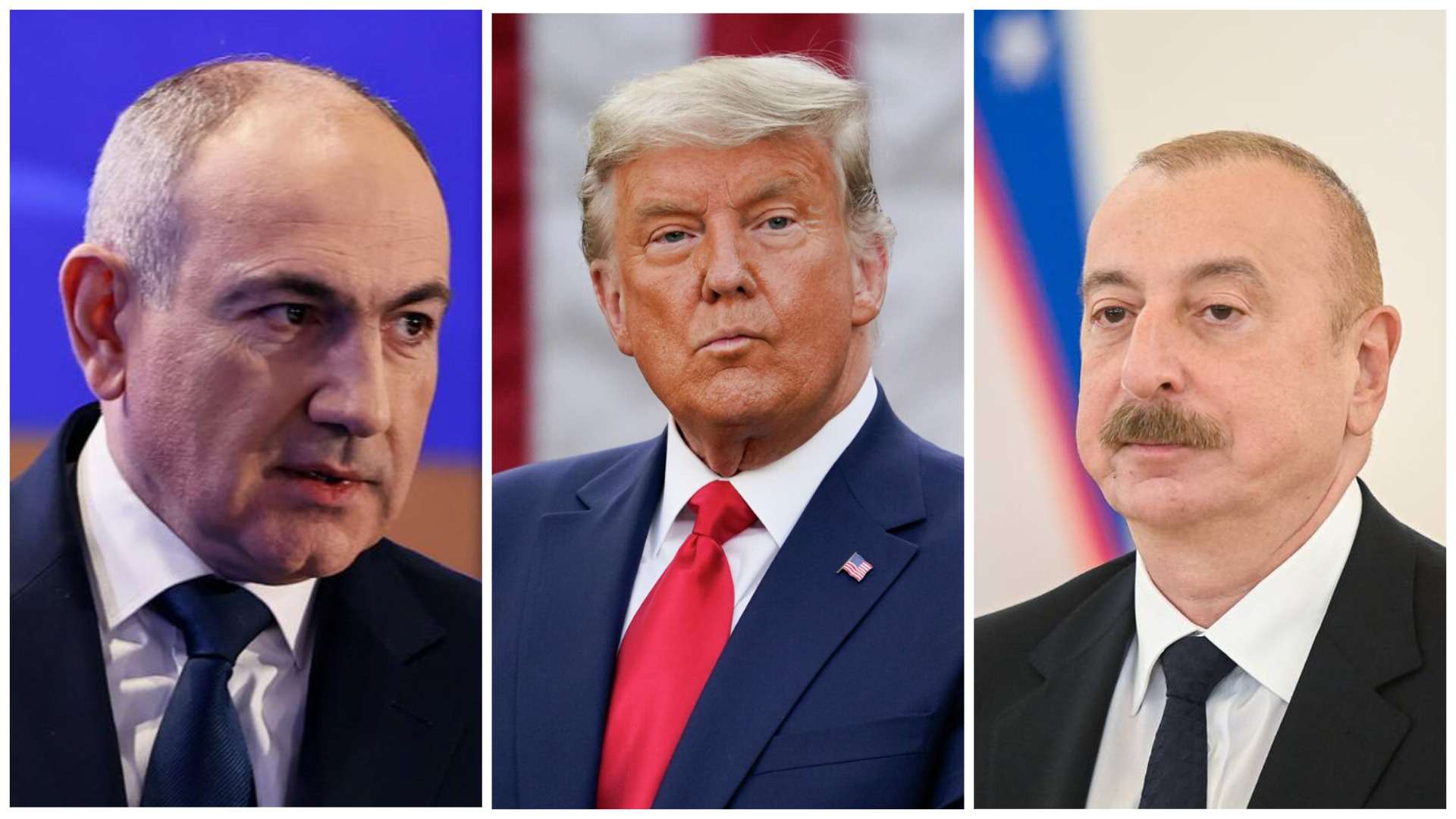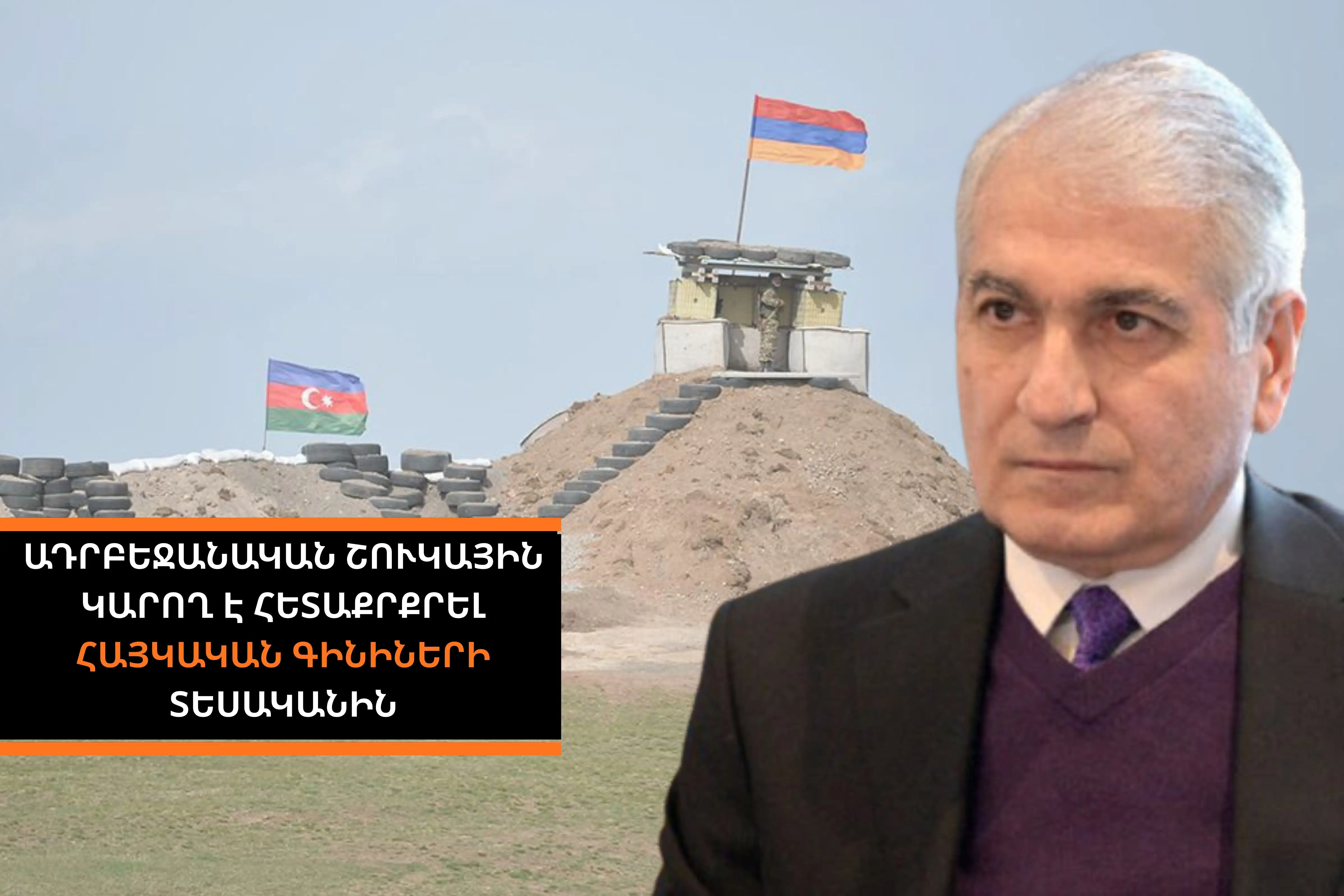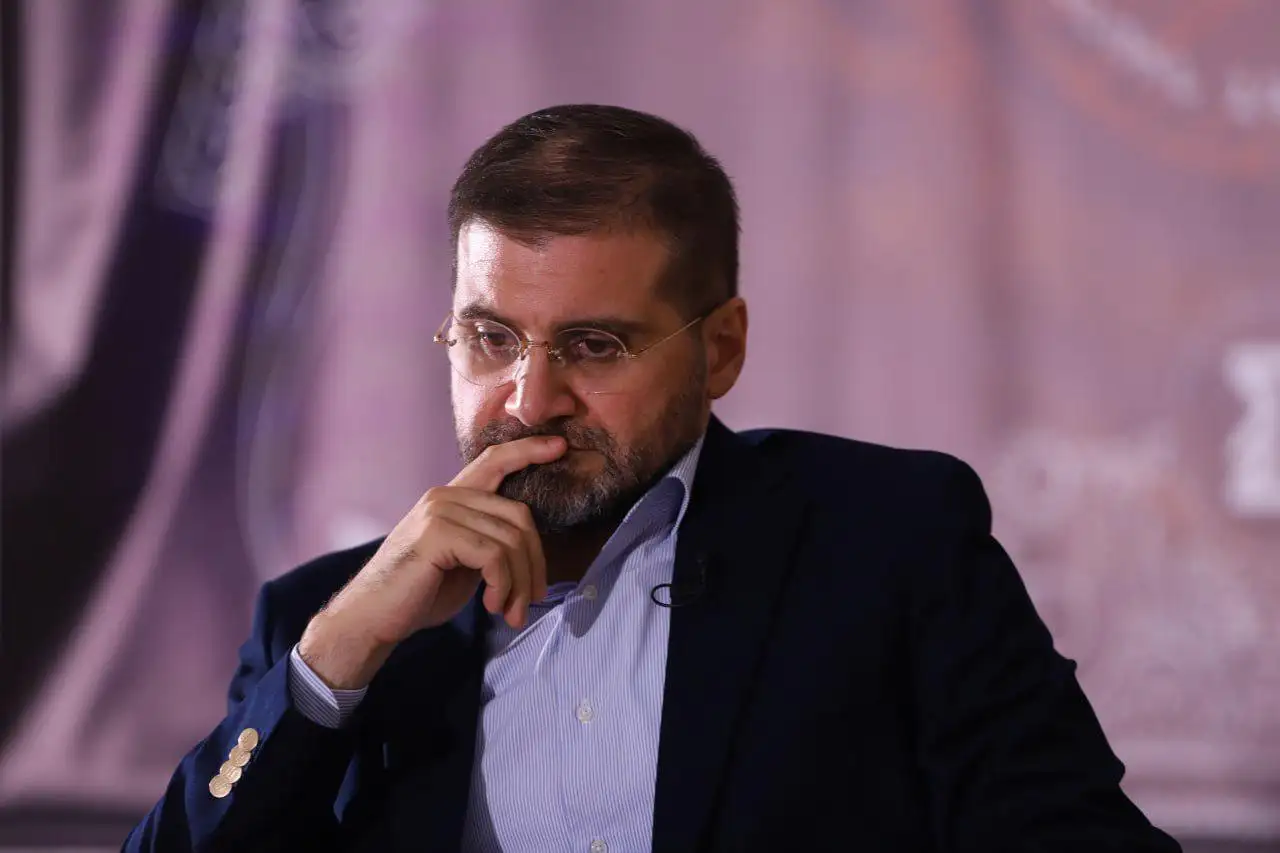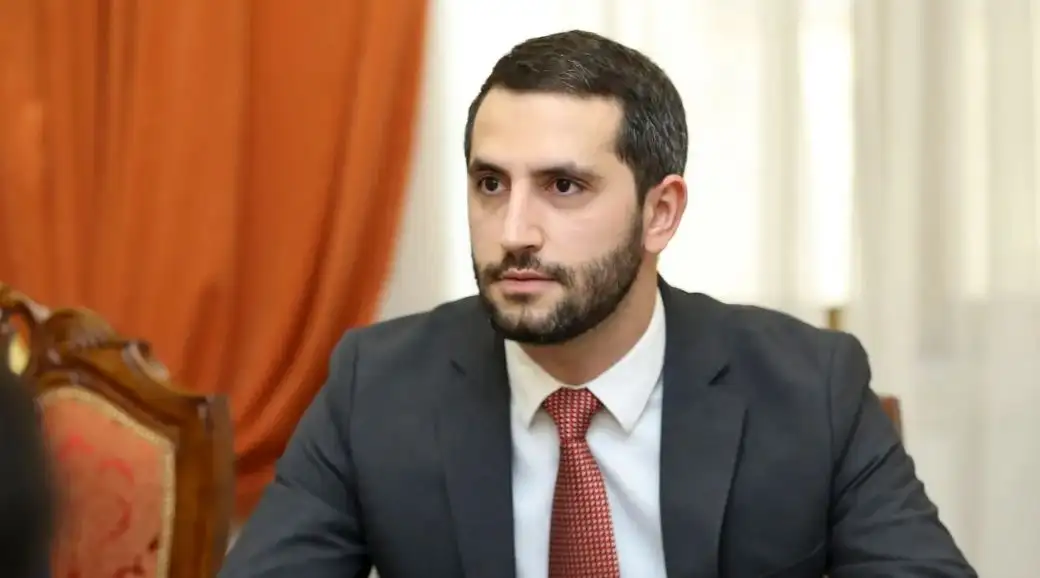The Responsible Statecraft website published an article by foreign policy expert Eldar Mammadov, “Trump’s Armenia-Azerbaijan Peace Plan: Another Road to a Deadlock,” in which he addressed Armenian-Azerbaijani relations.
“US President Donald Trump has announced that a peace agreement between Armenia and Azerbaijan, two longtime adversaries in the South Caucasus, is close. The countries fought bloody wars in the 1990s and 2020. Trump credited his administration’s diplomatic efforts, claiming that “Armenia and Azerbaijan... we worked magic there, and the work is almost done, if not already done.” The announcement was made during a dinner with Republican senators.
Trump’s remarks refer to a US proposal to lease a 43-kilometer road through Armenia’s southern Syunik province to a private American company for 100 years, as revealed by US Ambassador to Turkey Thomas Barrack. The plan is being presented as a creative solution to the impasse over Baku’s claims to the so-called Zangezur Corridor. The road, passing through Armenia, would connect Azerbaijan’s Nakhichevan Autonomous Republic with Turkey. Under US management, the plan would allow all sides to use the road, overcoming the “tribal biases” that fuel the conflict.
Regional Complexities and the Question of Sovereignty
However, reactions in Armenia and Azerbaijan have so far been subdued, although both countries are currently seeking to reduce Russian influence in the region, which, in theory, should make them more receptive to US involvement.
The issue of sovereignty remains a significant obstacle. Armenian Prime Minister Nikol Pashinyan has stressed that Armenia must retain control of the road. Meanwhile, Azerbaijani President Ilham Aliyev, speaking in Khankendi/Stepanakert (the former capital of the Nagorno-Karabakh Republic, whose Armenian population was forcibly expelled from the region in 2023), insisted on unilateral access to Nakhichevan and Turkey, rejecting any foreign presence. “There will be no operators, no renting or leasing on our territory,” he declared, implicitly rejecting Washington’s proposal.
Given Aliyev’s previous claims that Syunik is “an ancient Azerbaijani land” and his threats to seize it by force, Armenia rightly views Azerbaijan’s demands as a precondition for annexation.
However, Aliyev praised Trump’s “vision and efforts to promote peace” after Trump shared an excerpt of his speech on Truth Social: in an apparent attempt to curry favor with the US president.
Iranian and Russian concerns
Compounding the issue is that the proposed corridor would pass through Armenia, which shares a border with Iran. Tehran is adamantly opposed to any extraterritorial settlement, fearing that it would sever its ties with Armenia, strengthen Turkish-Azerbaijani influence to its detriment, and make its trade routes with Russia and Europe vulnerable to Baku’s whims. Iran even held military exercises near the Azerbaijani border in 2022 as a warning.
Tehran’s concerns are further compounded by the military cooperation between Azerbaijan and Israel, as well as suspicions that Israeli drones entered Iranian airspace during last month’s 12-day war, a claim that Baku vehemently denies. Iran also suspects that Baku and Tel Aviv are encouraging the separatist sentiment in the region. Notably, Brenda Schaffer, a representative of the Washington-based neoconservative Foundation for Defense of Democracies (known for her close ties to the Azerbaijani government and her advocacy of Azerbaijani irredentism), sees peace between Armenia and Azerbaijan almost exclusively as a means of isolating Iran and creating a “NATO corridor” from Turkey to Central Asia.
Given the US’s support for Israeli strikes on Iran and its attacks on Iranian nuclear facilities, a US-run corridor near Iran’s borders would only increase Tehran’s fears of encirclement. Despite its weakened position, Iran retains sufficient leverage to sabotage the agreement, which it sees as a threat to its national interests.
Aliyev, meanwhile, has tried to appease Tehran by accusing, without evidence, the EU’s Armenian border mission of spying on Iran, in an apparent attempt to distract Tehran from Baku’s ongoing standoff with Israel. Ties. However, his rhetoric is consistent with Iran’s stance against extra-regional interventions (i.e., the US and the EU) while Armenia seeks to align itself with the West.
Russia’s Role and Practical Challenges
Russia, like Iran, views the US proposal as an attempt to push it out of the South Caucasus, a perception that Yerevan is encouraging. However, Moscow retains significant leverage by guarding Armenia’s border with Iran, maintaining a military base in Armenia, and dominating large swaths of its economy and infrastructure, although Yerevan’s pro-Western stance is still more rhetoric than action. How can Russian border guards coexist with a U.S.-run corridor? Will Washington deploy forces to protect it, risking a clash with Russian troops in Armenia? And does the US even have the political will and resources to enforce such an agreement in a region that is only of secondary importance to its strategic interests?
Conclusion
While a U.S.-brokered peace between Armenia and Azerbaijan is welcome in principle, the current proposal ignores regional complexities. At best, it is a rough draft that requires intensive negotiations with all regional players, including Iran and Russia. At worst, it is another showy move in Trump’s quest for the Nobel Peace Prize.


















